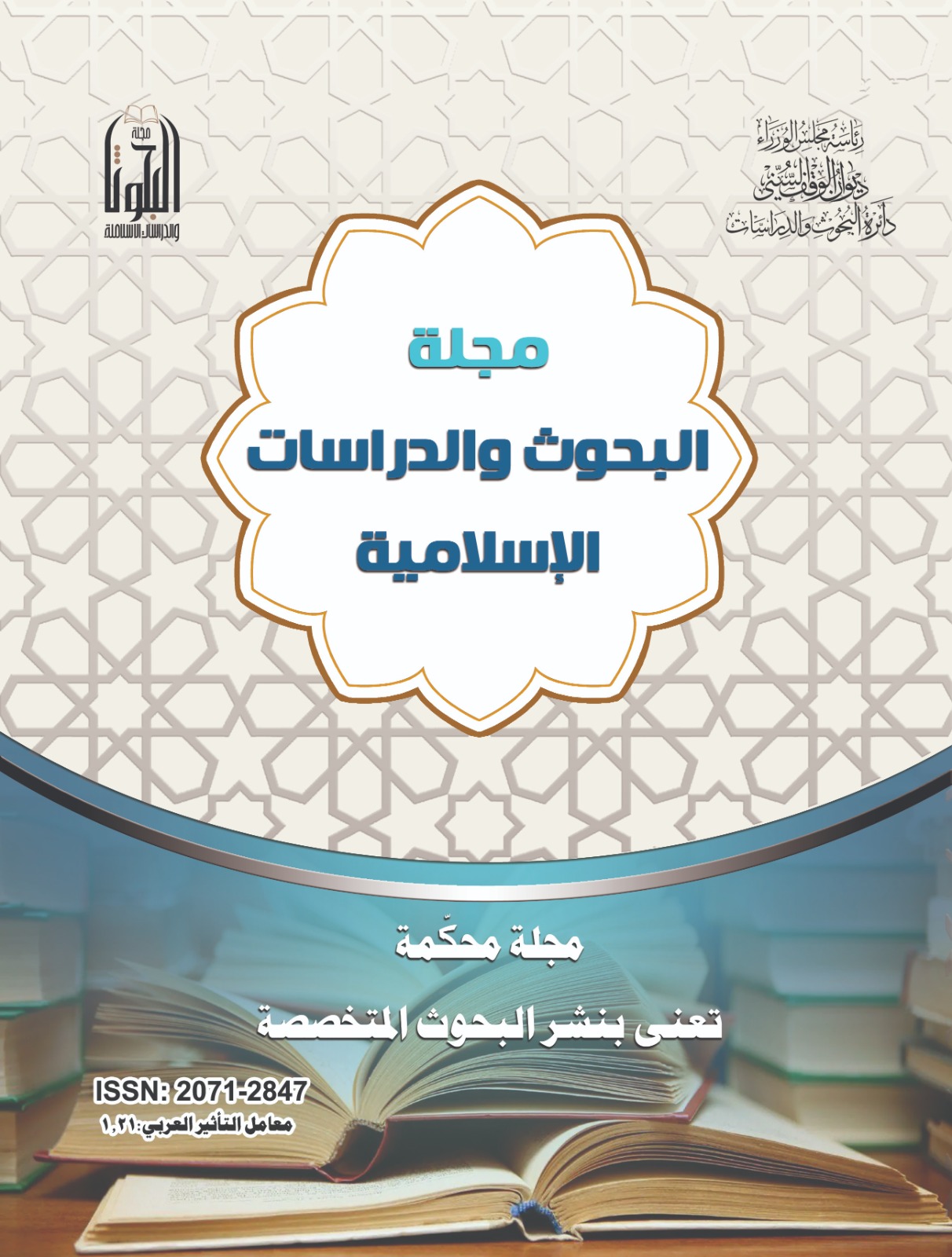Abstract
The current research aims to identify strategies for enhancing critical thinking abilities among Islamic education students in schools in the Kurdistan region of Iraq. To achieve the research objectives, the descriptive analytical method was used. The research included: a general framework, and a theoretical and practical framework.
As for the larger framework, it may consist of an introduction and a problem represented by a main question that expresses the title, and from it came two questions, objectives, importance, terminology, and previous studies and analyzes for all of them. In the theoretical framework, the researcher provided a comprehensive description of the study’s literature through the concept of critical thinking, its characteristics, and its capabilities at the cognitive, emotional, and social levels, in addition to identifying the steps involved in teaching critical thinking and their methods. As for the practical framework, it dealt with a description of the study sample, which consisted of (72) Islamic education teachers. In the region's schools, he described the study tool consisting of an interview form that covered (9) paragraphs expressing the most important strategies and ensuring their validity and reliability. The research reached a set of results that were of great importance, including: Critical thinking is vital to increasing the student’s academic
standing and improving his ability to adapt to the environment surrounding him, including its changes and rapid development, which enables the student to get to know himself. Meet their needs and protect their future. Likewise, the teacher’s reliance on critical thinking skills increases the effectiveness of practicing these skills, and enables the learner to evaluate his own learning and the learning of others. The results also showed that the most important strategies for developing critical thinking were, in order: picture puzzles, investigation, discovery, McFarland’s strategy, critical difficulties, O’Reilly, Baer, Smith, Monor and Slater, and it was found that there are no statistically significant differences between the averages of the answers of Islamic education teachers regarding the most important strategies for developing critical thinking skills among learners in Iraqi Kurdistan schools due to the variables: academic qualification and years of experience.The study recommended the necessity of directing Islamic education teachers to participate in educational workshops on developing critical thinking in teaching Islamic education, specifically what is related to developing contemporary thinking in teaching Islamic education. The researcher suggested conducting a research study on methods for developing critical thinking in other academic disciplines and at various levels.
